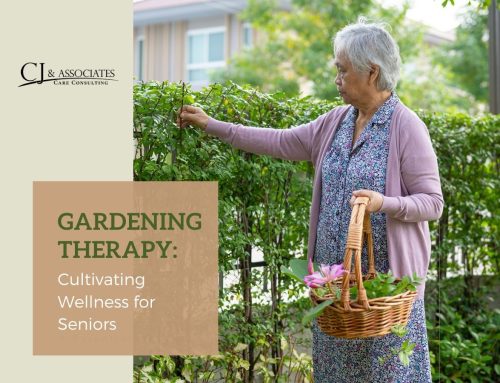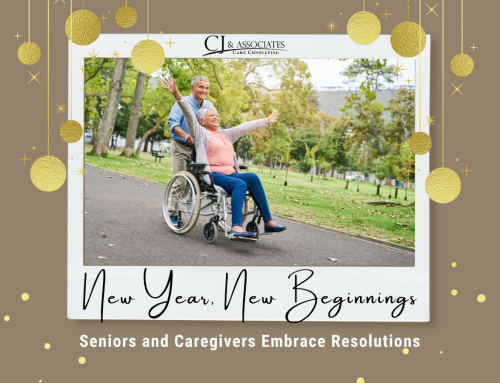There may come a time in your life in which your senior loved ones — parents, grandparents, or former guardians — may no longer be able to live independently. While there are assisted living facilities that can help them to live out the rest of their twilight years in comfort, the preferable solution is always for the loved one to live with family.
Moving your elderly parents or loved ones in with you can be a time to reconnect with them, and a chance for your children to get to know them in a way that they weren’t able to before. But it can also lead to stress…both for the change in your life and the moving transition for your elderly loved one. Need help adjusting when your senior loved one moves in? Here are our tips:
Do Your Research
Know what kind of care your senior loved one needs. It might be that they’re still fairly independent at the time they move in but limited in terms of finances or the ability to run errands. It may be that they need help with their daily routine because of mobility issues, or that they were recently diagnosed with a chronic illness. Especially in the latter case, it’s important to do some research on the illness and the kind of care that they will need. This is a good time to speak to a senior care expert.
Evaluate Your Schedule and Your Limits
There is little point in taking in an elderly loved one if you don’t have the time to be their caretaker. Consider your job. Do you work from home, or do you have a full-time job in an office? If the latter, what is your partner’s schedule? You may have to tell your employers about your recent change and adjust your hours so that you can better support your loved one. Consider, too, what you’re capable of as a caregiver. Are you comfortable with needing to help them bathe or dress? It’s important to be honest with yourself, both for the sake of your comfort and so your loved one isn’t made to feel like a burden.
Have a Family Meeting
Do you live alone, or do you live with your partner and children? If you have a whole family that will be affected by this move, make sure to sit them down and discuss the move first. Discuss the decision with your partner before anything else. Don’t beat around the bush for the sake of your children. Tell them why their grandparent or beloved relative needs to move in, what they might expect, and what you expect of them. Allow them to ask questions. Allow them to express their emotions, even if those emotions are confusion or disappointment. Explain the need to be compassionate towards their family, but don’t punish them for their feelings.
Catherine Jones at CJ & Associates Care Consulting is a certified Geriatric Case Manager, Dementia Practitioner, and Licensed Marriage & Family Therapist. We have the resources and the expertise to help you and your elderly loved one settle into this change smoothly and gracefully. Contact us today for more information or to set up an appointment.






